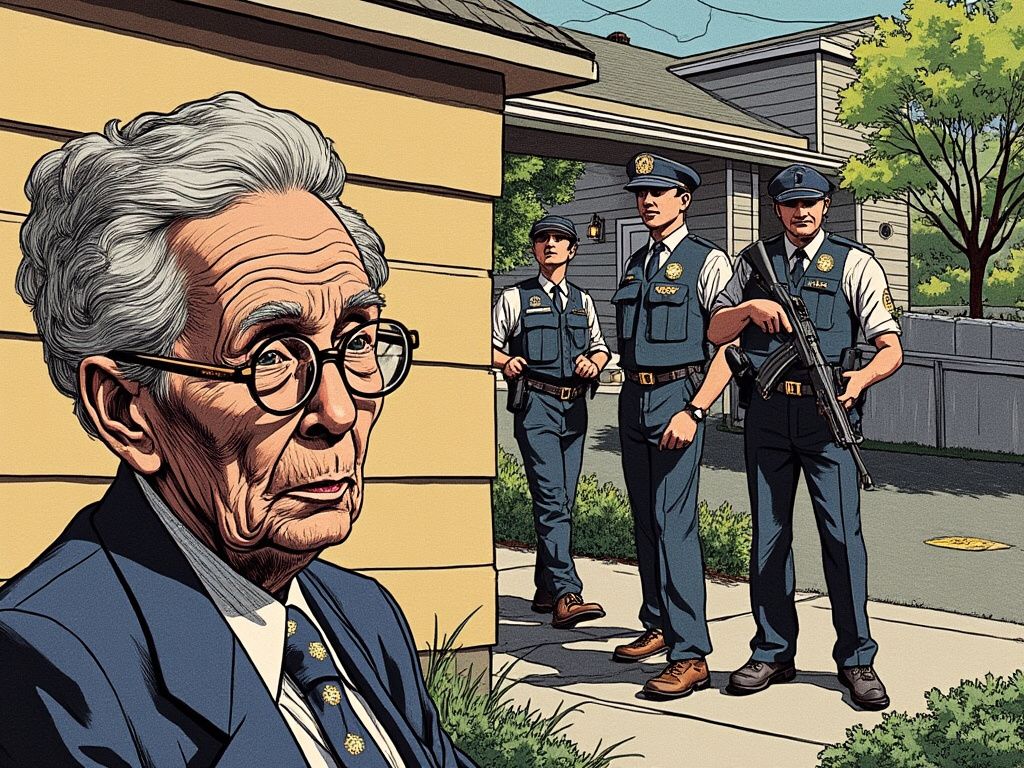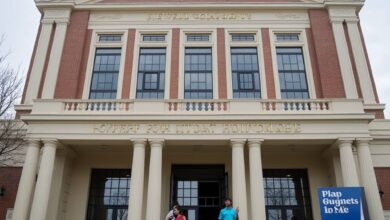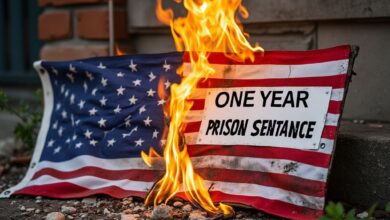The situation involving the 87-year-old political activist, Lidia Martinez, and her home being raided by police under the orders of Texas Attorney General Ken Paxton, has stirred significant controversy and debate, especially within the context of voter rights and political activism among Latino communities in Texas.
– **Lidia Martinez**: An 87-year-old activist and a long-standing member of the League of United Latin American Citizens (LULAC), Martinez has been involved in voter registration efforts. Her home was raided early in the morning, where she was confronted by nine officers with a search warrant. This action was part of what AG Paxton’s office described as an investigation into voter fraud and vote harvesting.
– **The Raids**: These raids, which occurred around August 20, 2024, targeted not just Martinez but several other Latino activists, Democratic leaders, and civil rights advocates across Texas. The operations were conducted under the banner of Paxton’s Election Integrity Unit, which was set up to investigate alleged election irregularities.
– **Reactions and Controversy**:
– **LULAC’s Response**: LULAC, along with other activists, has vehemently criticized these actions as voter intimidation and suppression, particularly targeting Latino communities. They’ve called for a federal investigation into Paxton’s actions, citing potential violations of the Voting Rights Act. The raids have been described as an overreach of power aimed at stifling political activism among minority groups.
– **Public Sentiment**: Social media platforms like X (formerly Twitter) have been abuzz with reactions, with many users expressing outrage over what they perceive as an abuse of power by Paxton. There’s a sentiment that these actions could be politically motivated, especially given the timing and the targeting of Democratic activists.
– **Paxton’s Defense**: Paxton’s office has justified these raids as necessary to combat voter fraud, pointing to referrals from local district attorneys about alleged election irregularities during previous elections. They argue that these operations are about maintaining the integrity of elections, not about suppressing votes.
– **Broader Implications**: This incident has reignited discussions on voter suppression, the use of law enforcement in political contexts, and the broader implications for democracy and civil rights. Critics argue that such actions could deter political participation among minority groups, while supporters of Paxton’s actions believe they are crucial for ensuring election integrity.
– **Legal and Political Ramifications**: The demand for a federal investigation suggests that this might not just be a local issue but could escalate into a significant legal battle over civil rights and election laws. How this plays out could influence future political strategies and legal frameworks concerning voter rights in Texas and potentially nationwide.
This event underscores the ongoing tensions between ensuring election integrity and protecting civil liberties, particularly in politically charged environments. The full implications of these raids, both legally and politically, are yet to be fully realized but have already sparked a significant debate on the balance of power, rights, and responsibilities in electoral processes.







